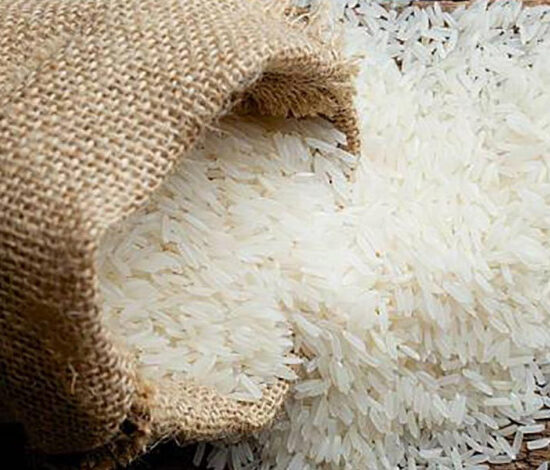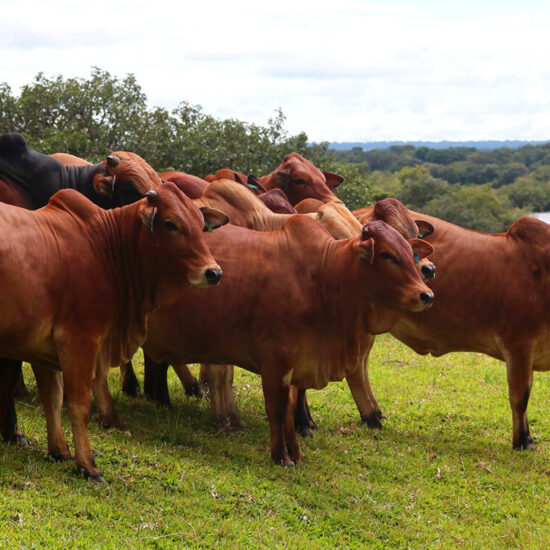
Zambia has no excuse for the continued wheat deficit which has led to continued wheat imports, a Zambian Commercial Wheat farmer has disclosed. According to the latest available statistics for 2021, Zambia has continued to have a wheat deficit and was importing about 100, 000 tonnes of wheat to cover the deficit.
David Samutela, a Zambian Commercial Wheat farmer and Director of Rockshield farm of Mkushi has told the Zambian Business Times-ZBT that Zambia has the requisite soils, available land and a young working population that are capable of growing enough wheat to meet its local consumption demand and later aim to export the excess.
Samutela said it is unclear why the country has continued to import wheat despite the Zambia National Farmers’ Union (ZNFU) records showing that the country is capable of producing enough wheat for local consumption.
He explained that one of the reasons the millers have continued to import wheat is because they process it into products such as flour and export to neighboring countries. The commercial farmer who has broken the mental barrier to venture into cultivation wheat noted that this year’s harvest is expected to improve because the weather and rainfall was okay and most dams are full, therefore there will be good production coupled with projected good prices for the farmers.
Samutela predicted that there will be no need for imports to meet local demand because the farmers will produce enough as many farmers have gone into full production due to the availability of water. “We have had droughts, there wasn’t enough water to do irrigation but with good rains, the dams are full, so farmers are able to go into full production”, he told ZBT.
He further mentioned that the biggest challenge for wheat farmers continued to be capital. Wheat cultivation involves investing in the high cost of fertilizer, fuel and specialised chemicals. Since most of these inputs are imported, there is need to have a stable currency if more local farmers are to venture into wheat.
Samutela said he hopes that government will actulise its pronouncements of going into value addition and industrialisation so that the country can produce its own fertilizer which will bring the cost of fertilizer down adding that government should focus on agriculture as it is the biggest employer.
Analysts point to the lessons that can be drawn from the adverse effects of the Covid-19 pandemic and the current conflict in Ukraine and Russia, which point to the fact that it is important to be self sufficient as a country.
The world’s second largest wheat producer India, has imposed a partial ban on wheat exports in order to focus on domestic demand which should be a wake up call on the importance of producing enough food as a country so as to avoid any disruptions in supply. Countries like Zambia should be able to take these lessons on board and become net exporters of wheat.







